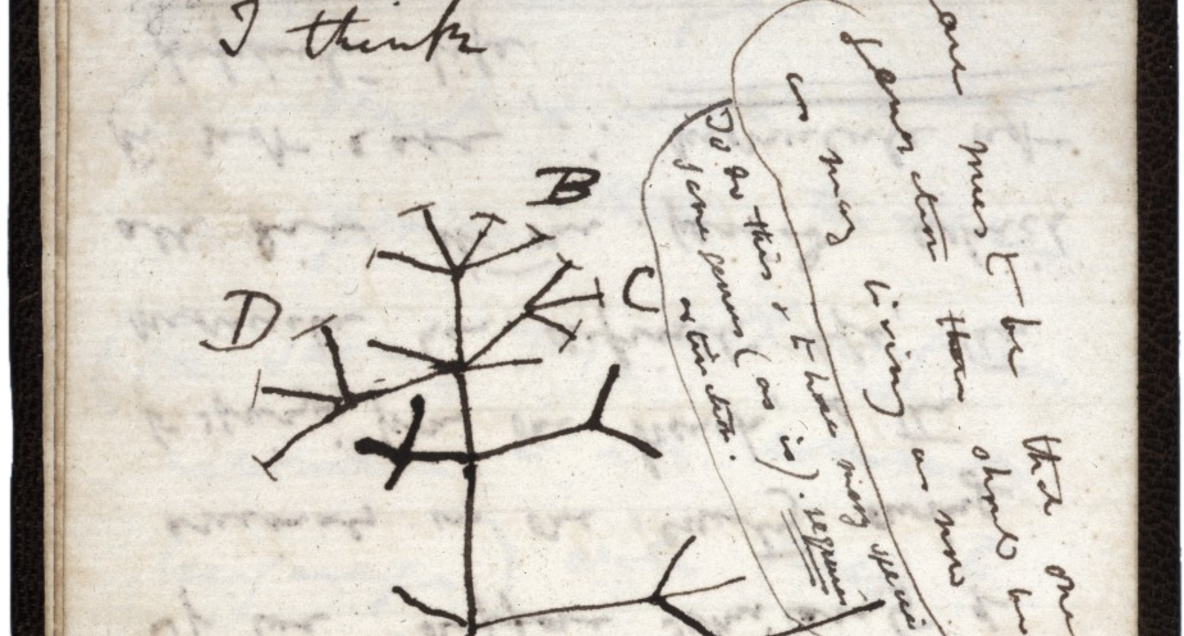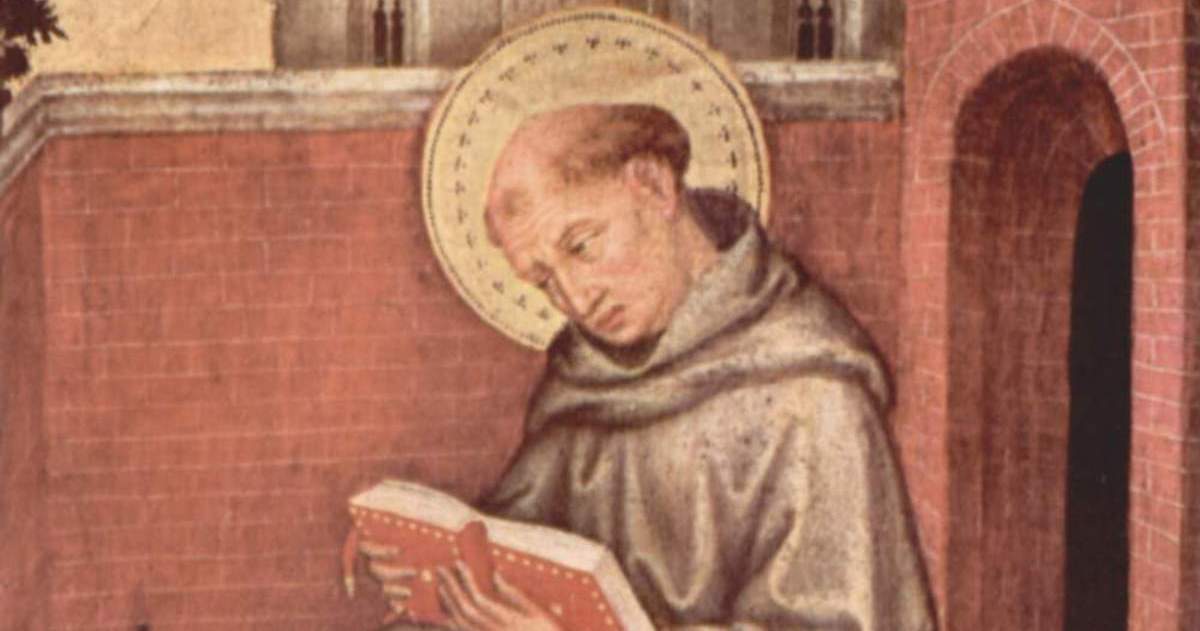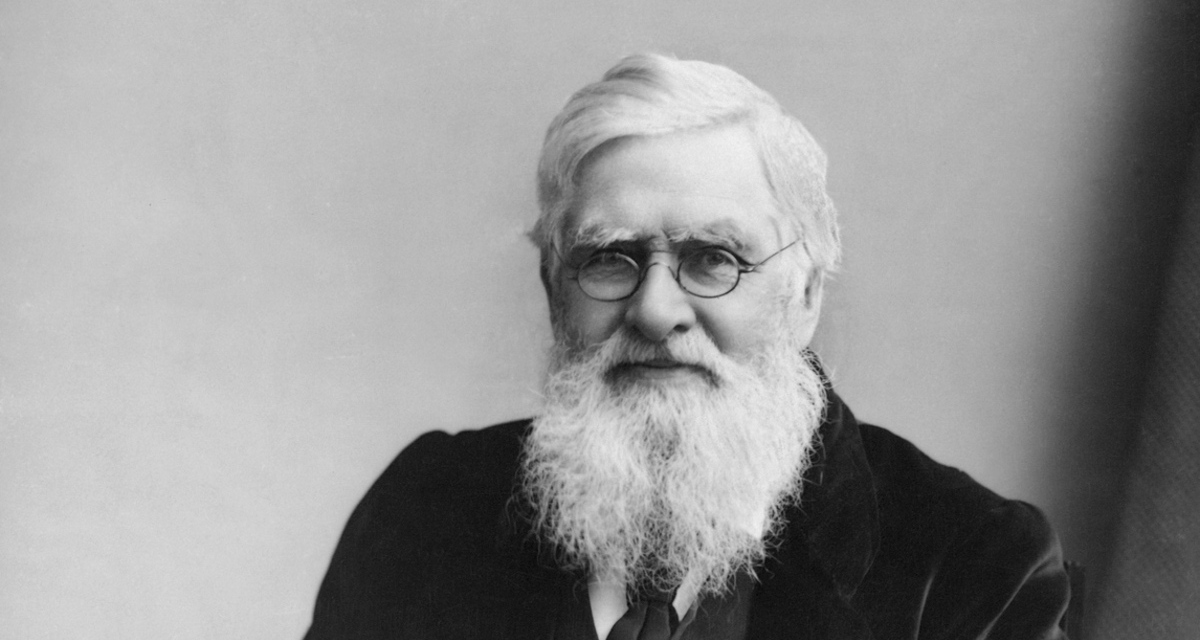
Melissa Cain Travis Talks Science and the Mind of the Maker
On this episode of ID the Future, Sarah Chaffee interviews author and science historian Melissa Cain Travis on her new book Science and the Mind of the Maker: What the Conversation Between Faith and Science Reveals About God. From Johannes Kepler to Max Planck, scientists have seen their work as much more than merely uncovering how things work; it’s a way of forging new insights into a greater reality. This book is a layman’s introduction into the world of their work, as well as a snapshot of the current state of intelligent design research.
J. P. Moreland: This Moral Knowledge a Surer Bet than the Electron
On this episode of ID the Future, Biola philosopher J. P. Moreland concludes a four-part series with host Mike Keas on scientism (not to be confused with objective scientific investigation). Moreland calls scientism “the single most destructive idea on the stage of life today. … It’s evil and it’s everywhere.” Strong words! But he isn’t without hope. Moreland explains how moral knowledge can be stronger, more secure, than even much scientific knowledge, and far more secure than the self-defeating materialist ideology that is scientism. He’s distilling arguments from his new book Scientism and Secularism: Learning to Respond to a Dangerous Ideology.
Read More ›
Greg Koukl Talks Heretic: One Scientist’s Journey from Darwin to Design
On this episode of ID the Future, author, speaker, and radio talk show host Greg Koukl, president of Stand to Reason, talks through a review of Heretic: One Scientist’s Journey from Darwin to Design. It’s the autobiographical story, co-written by Jonathan Witt, of distinguished Finnish bioengineer Matti Leisola. His whole perspective on science changed when he asked himself the question Koukl likes to ask: “Do you want the right answers, or do you demand the right kinds of answers — those answers that comport with naturalism, materialism, and physicalism?” Please consider donating to support the IDTF Podcast.

Intelligent Design in South Africa: Brian Miller and Ray Bohlin Report
This episode of ID the Future features a conversation between physicist Brian Miller and biologist Ray Bohlin and about their recent speaking tour in South Africa, where they made a case for intelligent design. The pair talk about the open reception they received from sympathizers and skeptics alike. South Africa, they say, is less infused with materialistic philosophy than is Europe or America’s research universities. This means an open door for ID. However, it’s a door that threatens to close, they warn. Listen in to learn more.
Read More ›
Dependency Graph, Pt. 2: Winston Ewert Defends His Groundbreaking New ID Model
On this episode of ID the Future, Dr. Winston Ewert continues unpacking his new hypothesis challenging Darwin’s tree of life. Ewert is a software engineer, and his new model is inspired by the coder strategy of repurposing existing code, called modules, for different projects. Moreover, some of these modules depend on other modules, meaning you can generate a dependency graph to better understand the similarities and differences among software programs that share modules. Ewert argues that a dependency graph model better explains the pattern of similarities and differences in the history of life, better than a model of common descent by unguided evolution. As he also explains, the new model is testable in multiple ways.
Read More ›
Winston Ewert Unpacks his New ID Model, the Dependency Graph–Pt. 1
On this episode of ID the Future, guest host Robert J. Marks talks with Dr. Winston Ewert about Ewert’s groundbreaking new hypothesis challenging Darwin’s common descent tree of life. The new model is based on the well-established technique of repurposing software code in different software projects. Ewert, a senior researcher at Biologic and the Evolutionary Informatics Lab, describes the nested hierarchical pattern of life and how any credible theory of life’s origin and diversity must explain it. He then describes how Darwin’s basic theory fits, and doesn’t fit, the pattern, and the various ancillary mechanisms invoked to close the gaps. These patches include horizontal gene transfer, convergent evolution, and incomplete lineage sorting. Ewert then cues up what he argues is a better, more elegant hypothesis, the common design hypothesis laid out in his peer-reviewed technical paper available here.
Read More ›
Foresight in Nature: A Hallmark of Design
On this episode of ID the Future, host Sarah Chaffee speaks with physician and author Dr. Geoffrey Simmons about nature’s foresight. Engineers designing a car have to plan for all kinds of conditions the car might encounter for the car to be successful. Something like this also appears to be necessary for organisms — including the human organism, as Dr. Simmons argues in a recent Evolution News article. Blind natural forces, he argues, don’t have what it takes. Instead it requires real foresight, a hallmark of intelligent design.
Read More ›
Chaberek: Why Thomas Aquinas Would Have Loved Intelligent Design
On this episode of ID the Future, Father Michael Chaberek, author of the books Catholicism and Evolution and Aquinas and Evolution, explains why the theory of intelligent design meshes well with the philosophy of Thomas Aquinas. In his conversation with host Jay Richards, Chaberek, creator of the site Aquinas.Design, notes that some Thomists complain about ID, but he argues that they misunderstand what ID is and isn’t. As for criticism that ID is a “God of the Gaps” argument, Chaberek urges Thomists to consider where that complaint leads: For Catholics, and Christians generally, that complaint proves way too much, he argues.
Read More ›
Nature’s Prophet, Pt. 2: Alfred Russel Wallace’s Case for an “Overruling Intelligence”
On this episode of ID the Future historian Michael Flannery continues discussion of his new book Nature’s Prophet: Alfred Russel Wallace and His Evolution from Natural Selection to Natural Theology. Flannery tells how Wallace became convinced of some “overruling intelligence” in nature — not because of “gaps” in what he knew, but because so many human attributes demand a better explanation than Darwin’s own “utility principle.” They called for a cause adequate to the effects. Please consider donating to support the IDTF Podcast.